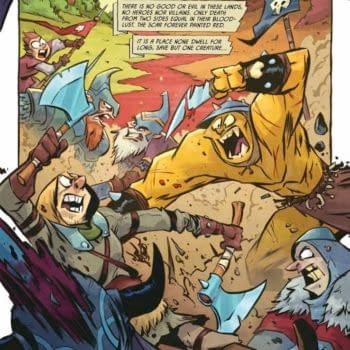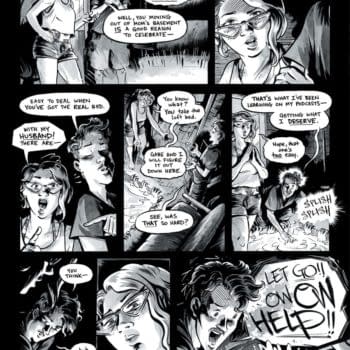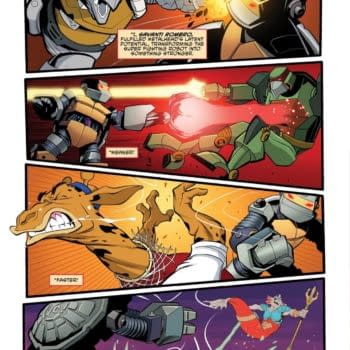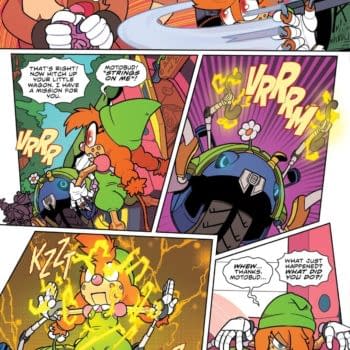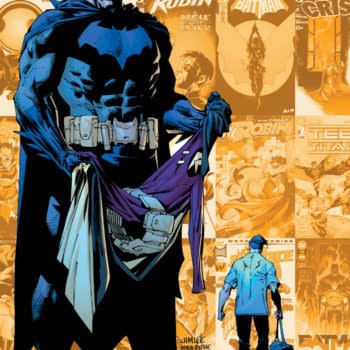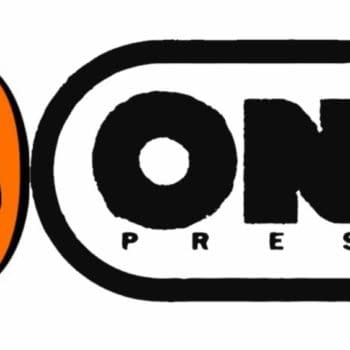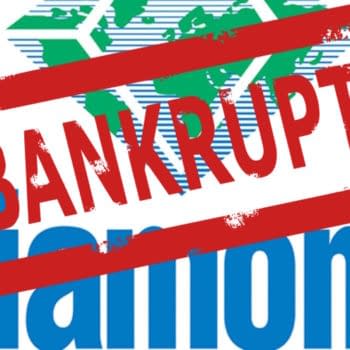Posted in: Comics | Tagged: comic con, HRL, Phoenix Comic Fest, phoenix comicon, san diego comic con, sdcc, SLCC
Phoenix Comic Fest is Asking a Federal Court to Strike Down SDCC's Comic-Con Trademark
Following up on yesterday's news that San Diego Comic-Con and Salt Lake Comic Con plan to renew their legal battle over the comic con name this year, Bleeding Cool has learned that Phoenix Comic Fest (formerly Phoenix Comicon) has filed a motion in Arizona's Ninth District federal court asking the court to recognize Phoenix Comic Fest's right to use the Comicon name, to strike down San Diego's trademark on "comic-con," and to award Phoenix Comic Fest legal costs from their battle with SDCC.
The motion was filed on December 29th, prior to the announcement earlier this month that the convention would rebrand itself as Phoenix Comic Fest, citing the fact that the term "comic-con" had become litigious due to San Diego's battle with Salt Lake Comic Con.
In the motion filed in December, Square Egg, the company behind Phoenix Comicon/Fest and other events in Arizona, requests that the following be decided by the court:
A. Awarding Square Egg a judgment declaring that its use of its PHOENIX COMICON mark does not infringe SDCC's U.S. Registration No.3,219,568.
B. Cancelling U.S. Registration No. 3,219,568 for genericness and for fraud on the USPTO.
C. Awarding Square Egg its costs and expenses.
D. Finding that this case is "exceptional" under 15 U.S.C. 1117, and awarding Square Egg its attorney fees, costs, and expenses as the prevailing party in this action.
E. Awarding Square Egg any and all such other relief as the Court determines to be just and proper.
Laying out their case, Square Egg asserts in the filing:
"The first known official comic convention occurred in 1964 in New York. It was known as New York Comicon. Since that time, comic conventions worldwide have used the term comicon, comic-con, or formatives thereof as equivalent generic term for comic convention and not as a source identifier."
"As one of those comic convention promotors," the motion continues, "SDCC or its predecessor began using the term comic-con in conjunction with the geographic descriptor 'San Diego' to market its convention. The term 'comic-con' is necessary to accurately describe the subject matter of comic convention events such as those put on by Square Egg and numerous others. Square Egg and other third parties have the right to use the term 'comic-con,' or formatives thereof, in connection with their comic convention events. Because the term 'comic con' is incapable of serving as an indicator of source, SDCC's U.S. Registration No. 3,219,568 is invalid."
The motion goes on to attack San Diego Comic-Con's trademark registration, claiming, "Despite comic-con being a generic term for comic conventions, SDCC filed an application to register the mark COMIC-CON on September 15, 2005." The application, according to the filing, was initially rejected, requiring San Diego to prove that the San Diego's use of the word had "acquired distinctiveness." To do that, the motion continues, San Diego Comic-Con representative Fae Desmond "represented to the USPTO that the COMIC-CON '[m]ark has been used continuously and exclusively in interstate commerce in connection with the services listed in the within application by the Applicant for over 36 years.'", and that it "has become distinctive of the services through the Applicant's substantially exclusive and continuous use of the Mark in commerce."
But Square Egg asserts, "On information and belief, the statements contained within the Declaration of Fae Desmond, declaring at least that the COMIC-CON mark had been used "continuously and exclusively" by SDCC and had 'become distinctive of the services through the Applicant's substantially exclusive and continuous use' were false." Additionally, it notes, "On information and belief, by the time the Response to Office Action and the Declaration of Fae Desmond were submitted by SDCC on October 4, 2006, SDCC had actual knowledge of various third parties using the term 'COMIC-CON' or similar variations thereof in connection with services identical to or at least highly similar to those claimed in the application to register COMIC-CON, such that the Declaration statements regarding 'continuously and exclusively' and 'substantially exclusive and continuous' were known to be false by SDCC."
As a result, Square Egg contests that "But for these false statements, the COMIC-CON mark would not have achieved registration on the Principal Register," and that "Ms. Desmond knew that the statements contained within the Declaration of Fae Desmond were false and submitted such false statements with the intent to deceive the USPTO in order to obtain registration of the COMIC-CON mark." Consequently, they assert, "the mark COMIC-CON was fraudulently obtained and is invalid."
In other words, Phoenix Comic Fest is claiming that San Diego Comic-Con intentionally lied about the distinctiveness of their use of the term comic-con, and that therefore their claim on the trademark is invalid and the term should be recognized as generic. Specifically, they want the court to issue a judgment declaring that they can use the name Phoenix Comicon, and they want it to be decided in a trial by jury.
Court records indicate that the case was assigned to a judge and San Diego Comic-Con notified on January 2nd, the same day that Phoenix Comicon announced the change to Phoenix Comic Fest on Twitter.
Square Egg declined to comment on this story. Bleeding Cool also reached out to San Diego Comic-Con and will update this story if we receive a reply.






